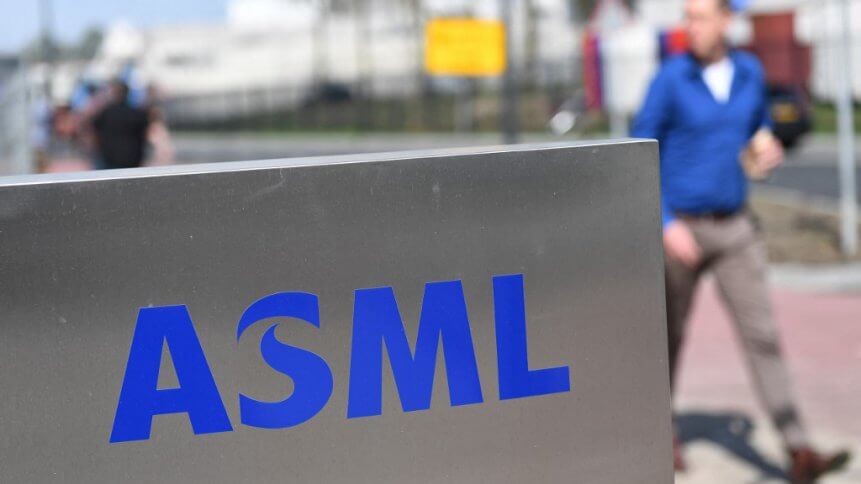
ASML, the world-leading manufacturer of machines to produce top-of-line semiconductors, said this week that sales were set to jump by over a third this year amid strong global demand for computer chips.
The Netherlands-based firm reported that its second-quarter net sales came in at 4.0 billion euros (approximately US$4.7 billion), which was an increase of a fifth from the same March to June period from last year. While that was nearly an 8% slide from the first quarter of 2020, the company said it expects sales to pick up in July through September — up to between 5.2 and 5.4 billion euros (around US$ 6.1-6.3 billion).
ASML makes the systems used by the semiconductor industry to manufacture the chips that go into products from mobile phones to cars, and it is seen as a key bellwether for the IT industry. A pandemic-driven surge in demand for home electronics has created a semiconductor chip supply crunch that has led to automakers temporarily halting production lines.
Top electronic brands do not manufacture their own chips but procure them from semiconductor foundries that uses gear from the likes of ASML. The biggest foundry is Taiwan Semiconductor Manufacturing Company (TSMC), which controls around half of the worldwide chip-making market, ahead of both South Korea’s Samsung and the US-based Intel. This pivotal position at the center of the global semiconductor trade has drawn sharper focus ever since China and the US renewed trade hostilities, as both superpowers attempt to assure their own supply of precious semiconductors while politicking around the other.
ASML said demand is high for all of its products as it booked nearly 8.3 billion euros in net new orders in the second quarter. That is more than the total in 2018 and nearly three-quarters of last year’s total. “This is a reflection of the market that is focused on increasing capacity to support the build-up of the digital infrastructure,” CEO Peter Wennink said in a statement.
He added that demand was up not only for the company’s latest models as the company indicated it plans to refurbish this year 20 machines of a model introduced 30 years ago and which are still extensively used by clients. “We are working to maximize output and we currently expect net sales growth by around 35 percent in 2021 compared to last year,” Wennink said.
© Agence France-Presse










